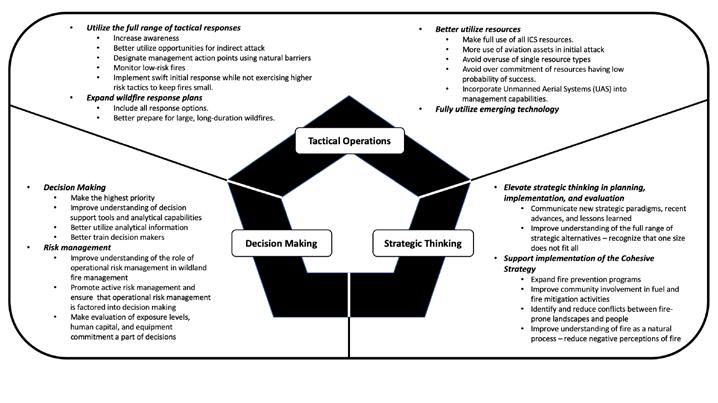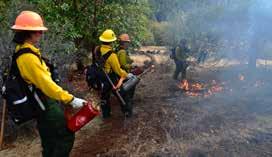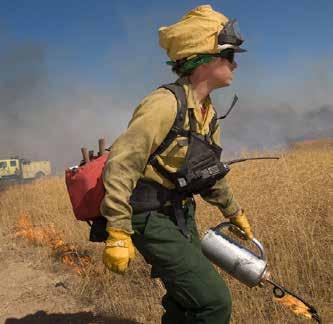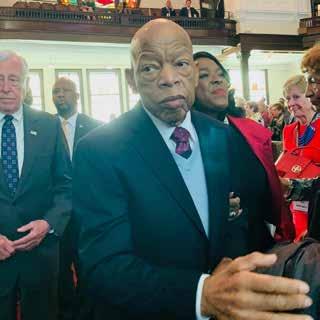T HO U G H T S ON LE ADE R S H IP
The Passing of an
Iconic Leader
Courage, perseverance and the need for ‘good trouble’ – the lessons of John Lewis
MIKE DEGROSKY
I cannot recall when I first became fully aware of Representative John Lewis. I am not particularly a student of the Civil Rights Movement, though I have a solid 8th grade Civics kind of understanding of its importance and have long admired the leadership of the Reverend Martin Luther King. More recently, I think around the release of the movie Selma, John Lewis came into my view. Lewis is an icon of the civil rights movement, one of the so-called “Big Six” leaders of that movement: a founding member and Chairman of the Student Nonviolent Coordinating Committee, one of the original Freedom Riders, an organizer of the 250,000-person March on Washington for Jobs and Freedom, and the leader of the march from Selma to Montgomery now immortalized as “Bloody Sunday.” Until his recent death, Lewis was serving his 17th consecutive term as the member of the U.S. House of Representatives representing Georgia’s 5th District. The degree to which Lewis’s constituents supported him is legendary. Lewis’s influence in Congress 8
wildfire
|
J U LY- S E P T E M B E R 2 0 2 0
was moral, with many considering him “the conscience of the Congress.” I am aware that not all Wildfire readers may share Lewis’s politics as he was staunchly liberal, but the purpose of this column is not to celebrate his politics, but his leadership. John Lewis embodied characteristics that I both admire in leaders and see as common among effective leaders, both those I have known personally and others that I have studied.
Humble Beginnings/ Humble Leadership
Many leaders enjoyed advantages early in life that facilitated their path to leadership. John Lewis was not one of those people. Born in rural Alabama, Lewis was the third of ten children whose parents were sharecroppers and grew up in an era of racial segregation. I have noticed in my life that people of humble origins often remain modest people throughout life. Humble people can become humble leaders, those who connect with others at a human level; create a climate of trust, equality and respect; and understand their own limitations. By all accounts, John Lewis was such a







